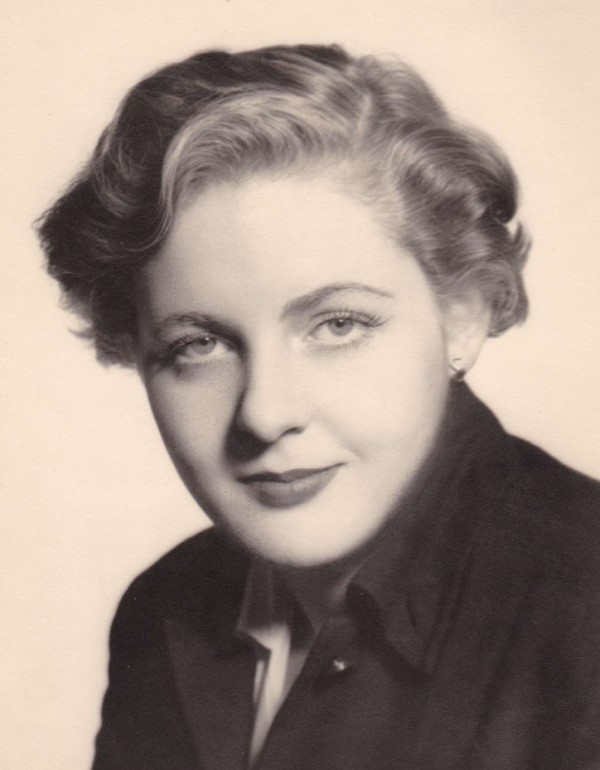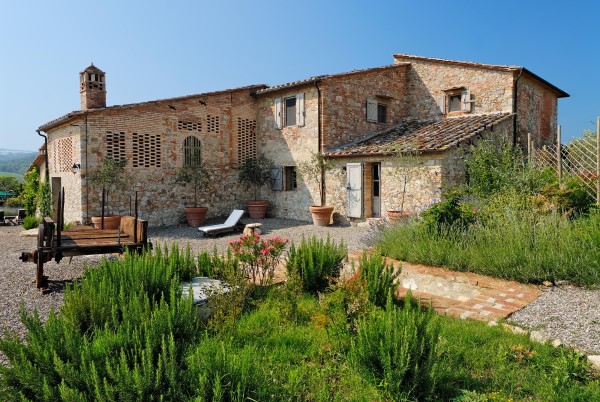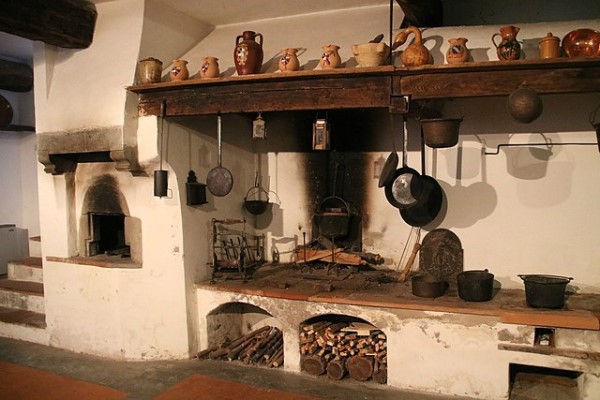

As we come out of lockdown, Homo Promos comes to the end of its marathon Zoom project which started on 29 March 2020.
The 68th performance on Tuesday 27 July 2021 at 7.30 p.m. sends us back into Queer theatre history with two works. One by the bisexual Brigid Brophy, Vice-President of the Campaign for Homosexual Equality (1964), and one by a member of the Gay Liberation Front, Alan Wakeman (1974).
Wakeman’s Coffee can be found in the Sketches section of the website. It was performed in Gay Sweatshop’s first season of original plays in 1975 and revived by Consenting Adults in 1980. The Gasman comes to fix a leak; the Houseman wishes he’d fix something else. A comedy of the unspoken.
If, as seems entirely possible, we end up with further lockdowns, Homo Promos will be back flying the flag of Queer culture with more Zoom performances.

Brigid Brophy (1929 – 1995) has been described as “one of the oddest, most brilliant, and most enduring of (the) 1960s symptoms”.
She was a novelist, campaigner for social reform, and public intellectual who was a seminal figure in the history of the struggle for LGBT rights.
Post 1967 she was one of the first and most vocal advocates of gay marriage; paradoxically, she was rather down on marriage in general, but if others had it, so should homosexuals.
Previously in the late 1940s she was thrown out of St Hugh’s College, Oxford, for (allegedly) being drunk in chapel; also for loudly proclaiming the delights of lesbianism. She married the director of the National Gallery, although the marriage was entirely open.
Along with her long-time lover Maureen Duffy, she became a Vice-President of the Campaign for Homosexual Equality and was particularly active in promoting inclusive sex education which taught that sex was for pleasure not procreation.
Her 1970 introduction to the British Humanist Association’s Sex Education: The Erroneous Zone is a breezy demolition of social myths.
“Writers for children regularly conceal an important fact about sex, namely that it’s enjoyable. From those accounts handed out to him, a child might suppose sexual intercourse to be a minor but nevertheless squeamish-making surgical operation.”
Her writings are a kind of guerrilla campaign against all kinds of received wisdom, with a few personal crusades thrown in. Like her idol Bernard Shaw, she is passionate about language, and about resisting the Americanisation of it.
The Waste Disposal Unit is a satire on Americans abroad, and their tenacious clinging to dubious American values of hygiene and convenience in the face of a much more ancient and gracious culture.
But, more importantly from our point of view, it introduces several years before legalisation, an entirely positive picture of a gay man, in Virgil Knockerbicker, contrasted with the grotesque heterosexuals.
Brigid Brophy’s daughter and literary executor, Kate Levey, writes:
Brigid Brophy was becoming a well-known author and intellectual personality in 1964 when the BBC produced her radio play, The Waste Disposal Unit.
This succinct play foams with linguistic fun: It starts with the amusing names of the three Knockerbickers and keeps the entertainment up by showcasing the jarring English of the American idiom. Jokey puns and arch jibes sprinkle the dialogue, and the action comes to a hilarious and surreal end.
Brophy’s preoccupation with linguistic jest and its significance was further developed in her novel of 1969, In Transit. In both works, Brophy’s targets are utterly serious, while their treatment is brilliantly comedic.
Following in the footsteps of her literary hero, George Bernard Shaw, Brophy turned her highly original fiction, non-fiction and drama into vehicles advocating for rationality, imagination, and sexual emancipation.
In The Waste Disposal Unit, Brophy turns her sardonic eye specifically on American consumerism, sexual hypocrisy, man’s creative and destructive urges, the urge for wealth, and the death of high culture. Here, those profound subjects are woven into a delightful, light-hearted, jeu d’esprit.
You can view Kate discussing the play on Twitter.
Peter Scott-Presland (July 2020)
Read the Script


All work is copyright of Peter Scott‐Presland. Anyone interested in performing all or part of it should Contact Us